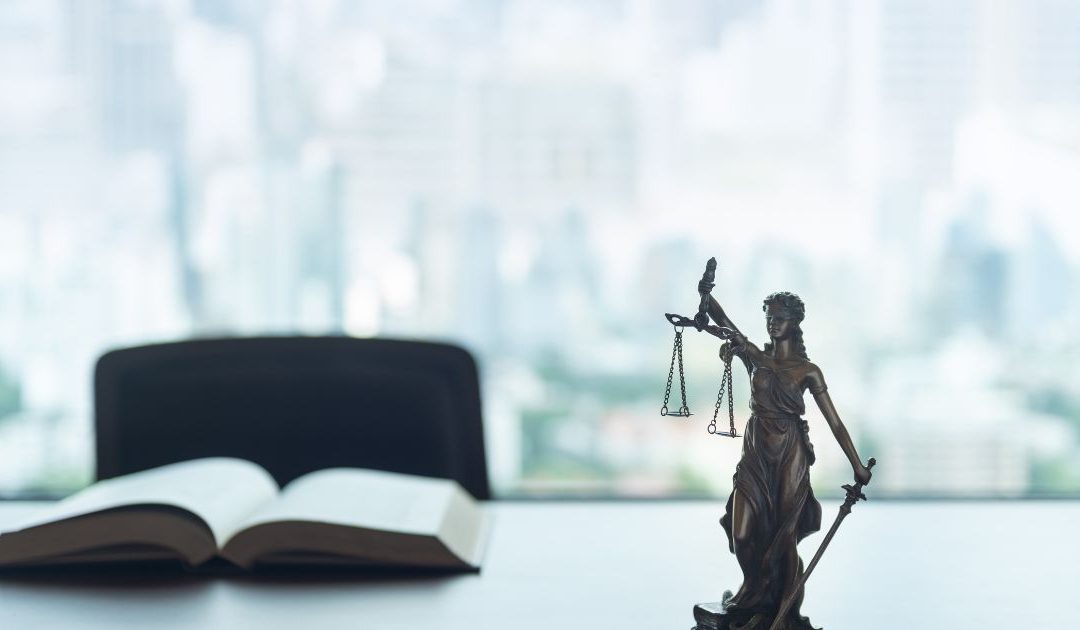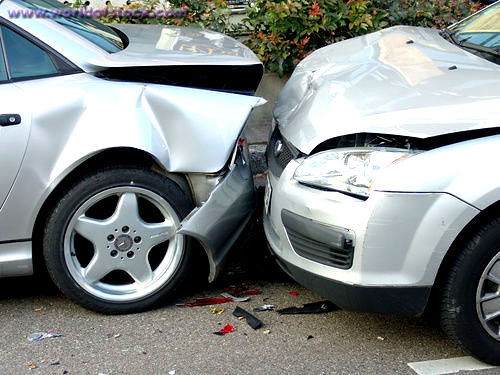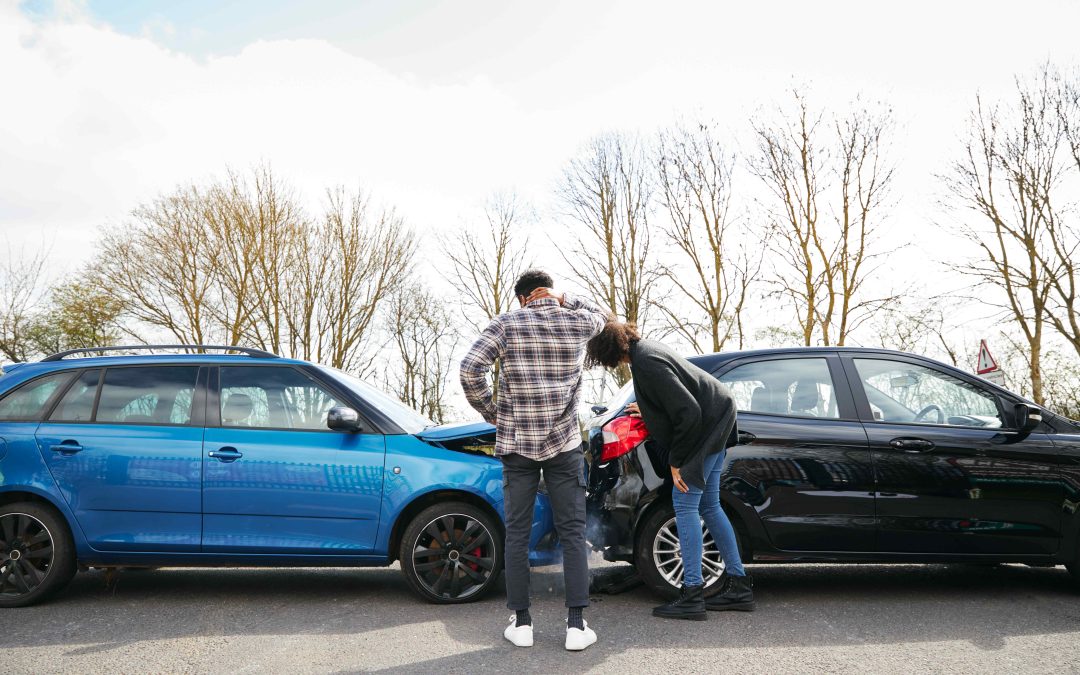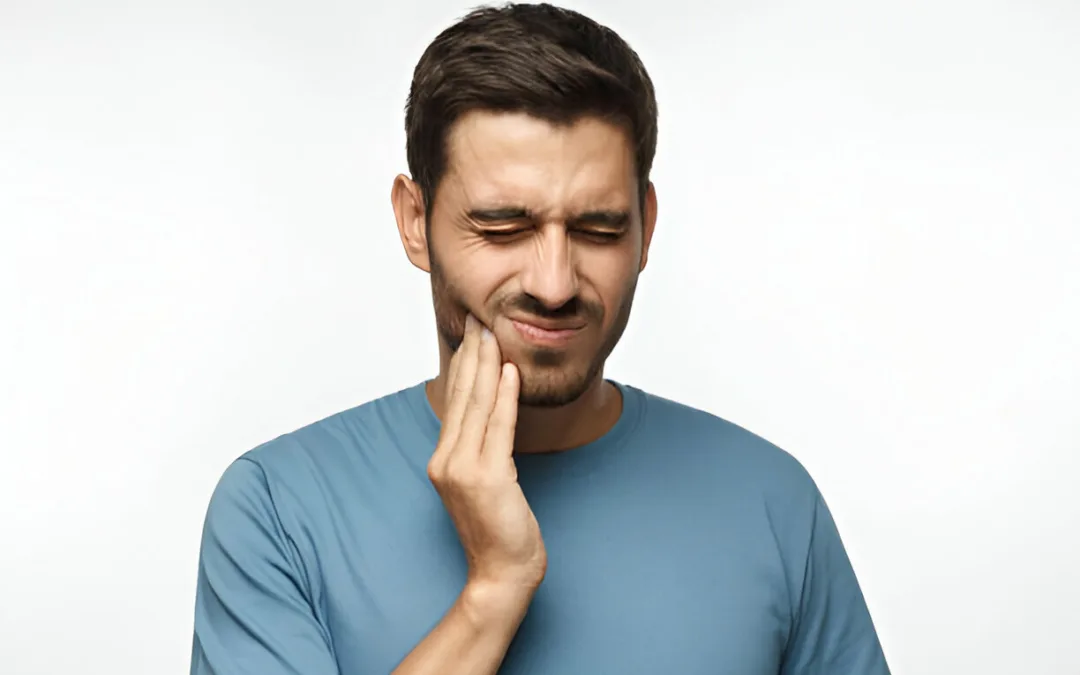How Insurance Contracts Handle Property Damage in a Car Accident
>Insurance coverage on your vehicle is split into two different parts: liability coverage and collision coverage (often referred to as “full coverage”). Liability coverage is insurance coverage that relates to damages to another vehicle in the case you are at fault in the accident. If you crash into another vehicle at the fault of your own, and the other vehicle sustains property damage, your insurer will cover the costs of repairing the damage to the other vehicle. Collision coverage, or full coverage, is comprehensive coverage that covers all sorts of damage, including damage to your vehicle whether you are at fault or not, as well as things such as glass repair or theft. If you sustain property damage to your vehicle in any sort of accident, whether you are at fault or not, your insurance company will cover the damages to your insured vehicle. Many insurance contracts will also cover the cost of a rental vehicle while your vehicle is being repaired.
What You Should Do If You Sustain Property Damage in a Car Accident
If you have sustained property damage after a car accident, there are a few things that Lebovitz Law Group believes are important for you to know so that you can take the proper steps:
- Assess the damage to your vehicle, and document all the damage with pictures and video. Take note of any damage, even scratches, that was not there before the accident. Also, take note of things like whether your car can be driven off the scene of the accident, whether the airbags have deployed, or whether the car needs to be towed to a repair shop.
- File a claim with your insurance company, whether the accident was your fault or not. Once the car is at the repair shop, the auto repair company will assess the cost of the damages. They will then relay this cost to the insurance company, which will then decide whether your insurance policy will cover the cost of repairs or deem your vehicle a total loss. Make sure to remain in communication with the insurance company and the auto repair shop.
- If the insurance company will cover the cost of repairs, you will then need to pay your deductible. If you were not at fault, the at-fault driver’s insurance carrier will be responsible for paying for the cost of repairs, and your deductible will be reimbursed to you from the at-fault insurance carrier.
- If the cost of repairs is very high compared to the market value of your vehicle, then your car may be deemed a total loss. If your vehicle is deemed a total loss, then the insurance company will pay you the cash value of your car before the accident also known as the “fair-market value” of the car. Do independent research on the value of your car to determine whether the insurance company has offered you a “fair value” for your vehicle. This can be done in a variety of ways, through internet research, telephone calls and various other methods.
- If the money you receive in an insurance settlement is less than the value of an outstanding loan on your car, then you will still be responsible for paying off the remainder of your outstanding loan. You will then need to open up a Gap claim. Gap insurance coverage is coverage that can be purchased prior to any accident that will cover any gap between an insurance settlement and an outstanding loan balance.
Call Lebovitz Law Group to Get Help with Your Property Damage Today!
Lebovitz Law Group is an expert firm that specializes in all aspects of your car crash case. Our dedicated and expert legal team can help you with getting your property damage covered and getting back on the road. Call us today to speak to one of the members of our legal team!
Sort by Category
Related Posts

Understanding Arizona’s Car Seat Rules
Understanding Arizona's Car Seat Rules is crucial for every parent and caregiver. These regulations are designed to ensure the safety of young passengers, which can significantly reduce the risk of injury in case of an accident. This article aims to provide a...

Does the Government Tax Money from Lawsuit Settlements?
Does the Government Tax Money from Lawsuit Settlements? Lawsuit settlements can be a source of financial relief, but it's important to understand the tax implications so you're not caught off guard during tax season. Government taxation of lawsuit settlement funds is...

Can I sue if I get whiplash from a car accident?
A whiplash injury is a neck injury caused by the sudden back-and-forth motion of the head, commonly seen in car accidents. This type of injury can lead to significant pain and discomfort, often making it difficult for victims to go about their daily activities. If you...

When the At-Fault Driver Has No Car Insurance: Your Options for Compensation
Being involved in a car accident can be a stressful experience, especially when the at-fault driver lacks car insurance. This scenario raises concerns about securing compensation for damages and injuries. Key takeaway: In this article, we will discuss the options...

Did You Know This About Workplace Harassment Laws?
Workplace harassment is unwelcome behavior significantly disrupting an employee's work environment or personal well-being. When this behavior is based on protected characteristics like race, gender, or religion, it not only affects the individuals targeted but also...

Did Your Dentist Make a Mistake? How to Know When to Call a Dental Malpractice Lawyer
Dental malpractice is a sad reality that can have serious consequences for patients. It includes things like surgeries gone wrong, incorrect diagnoses, faulty dental devices, and mistakes in giving anesthesia. As a patient, you trust your dentist to give you safe and...
